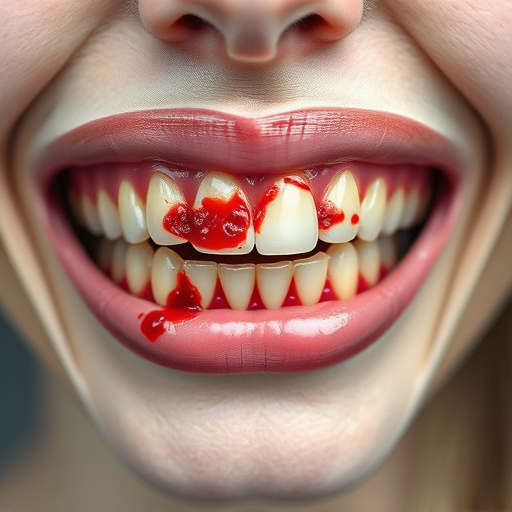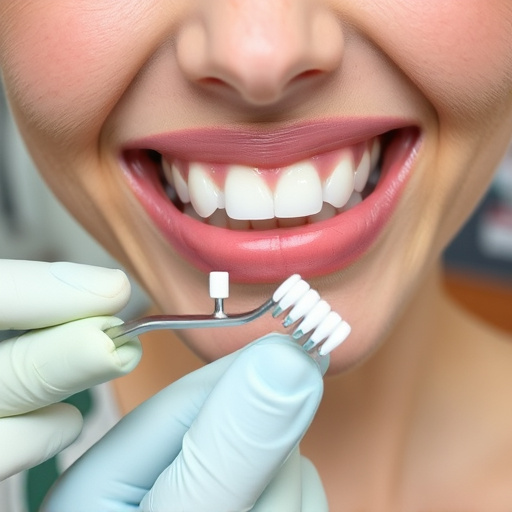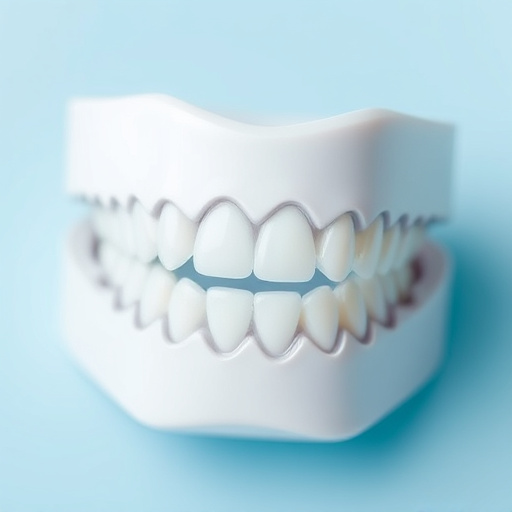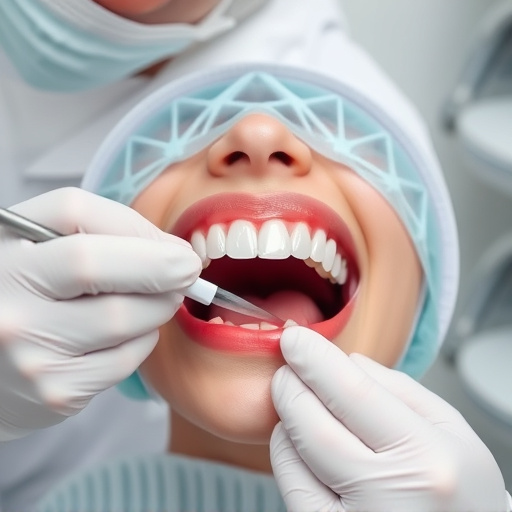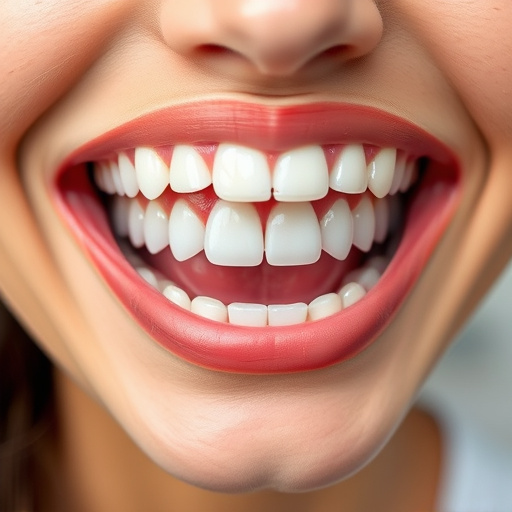Tooth sensitivity caused by enamel wear or dentin exposure can be treated with dental bonding, root canal therapy, or desensitizing toothpaste. Post-treatment care includes gentle brushing, fluoridated mouthwash, regular cleanings, and specific guidelines after wisdom tooth removal. Consult a family dentistry practice for personalized tooth sensitivity treatment options.
Tooth sensitivity can disrupt your daily routine, causing discomfort with every meal or touch. Luckily, effective tooth sensitivity treatment exists to quickly restore comfort. This article delves into the causes and symptoms of this common issue, explores a range of treatment options, and provides essential tips for post-treatment care. By understanding your choices and adopting proper hygiene practices, you can reclaim your confidence and comfort in no time.
- Understanding Tooth Sensitivity: Causes and Symptoms
- Exploring Effective Treatment Options for Relief
- Quick Tips for Daily Care After Treatment
Understanding Tooth Sensitivity: Causes and Symptoms
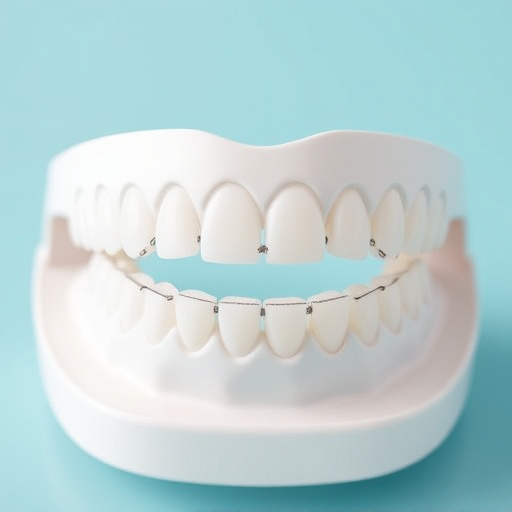
Tooth sensitivity, a common dental concern, can significantly impact daily life, causing discomfort with even mild food and drink temperatures. Understanding its causes is the first step towards relief. This condition arises when the protective layers of the tooth, enamel and cementum, wear down, exposing the underlying dentin. Dentin contains tiny tubes that connect to the nerves inside the tooth, making it sensitive to external stimuli.
Various factors contribute to tooth sensitivity, including brushing too hard, certain dental procedures like tooth extractions or wisdom tooth removal, excessive fluoride exposure, and even genetic predisposition. Symptoms typically include sharp, sudden pain in response to hot, cold, sweet, or acidic substances. It’s important to seek help from a family dentistry practice if sensitivity persists, as they can recommend suitable tooth sensitivity treatments to restore comfort quickly.
Exploring Effective Treatment Options for Relief
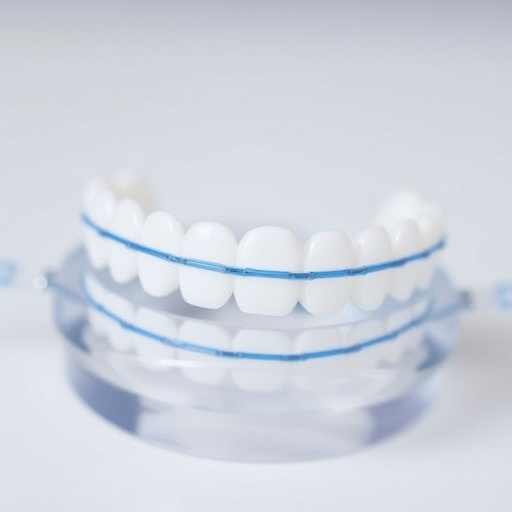
Exploring Effective Treatment Options for Relief
Tooth sensitivity can significantly impact daily activities and comfort levels, making it crucial to seek appropriate treatment. Luckily, there are various effective options available in modern family dentistry to alleviate this common dental issue. The first step is to understand what causes tooth sensitivity. Factors such as tooth decay, gum recession, or enamel erosion can expose the sensitive dentin layer beneath, leading to discomfort when consuming hot or cold foods and beverages.
One popular and non-invasive approach to tooth sensitivity treatment involves dental bonding. This procedure uses a composite resin material that is expertly applied to the affected areas, quickly sealing off exposed dentin tubes and providing immediate relief. For more severe cases, in-depth treatments like root canal therapy or specialized desensitizing toothpaste can be recommended by your trusted family dentistry professionals. These solutions work to block the transmission of pain signals, allowing you to enjoy your favorite meals without worry once again.
Quick Tips for Daily Care After Treatment
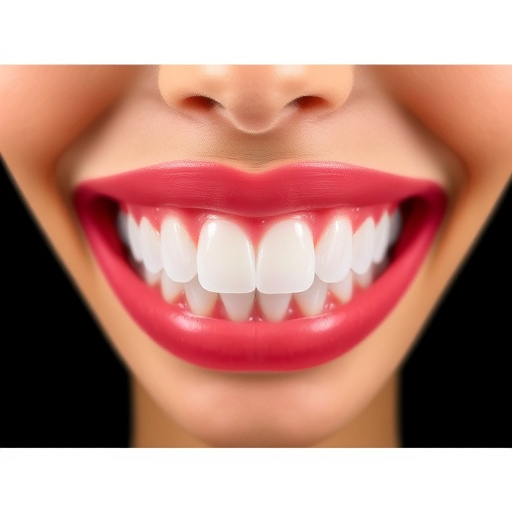
After your tooth sensitivity treatment, it’s crucial to maintain a strict daily care routine. Start by gently brushing your teeth twice a day with a soft-bristled toothbrush and fluoride toothpaste. Avoid aggressive brushing techniques that can irritate sensitive areas. Additionally, use a fluoridated mouthwash to strengthen tooth enamel and reduce discomfort.
Remember to schedule regular dental cleanings to remove plaque buildup, which can exacerbate sensitivity. For those who have undergone wisdom tooth removal, extra care is required during the healing phase. Stick to soft foods, avoid hot or cold beverages, and refrain from using straws to minimize pressure on the extraction sites. These simple measures will expedite your recovery process and ensure continued comfort after tooth sensitivity treatment.
Tooth sensitivity treatment offers a swift path to reclaiming comfort in your daily life. By understanding the causes, exploring effective options like desensitizing toothpaste and dental procedures, and adopting simple care routines, you can significantly improve your oral health experience. Remember, quick relief is within reach, enabling you to enjoy meals and beverages without discomfort.


